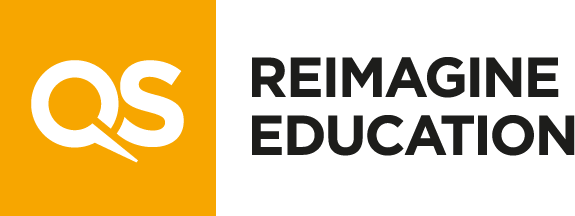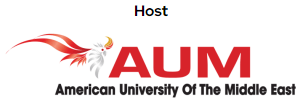WORKSHOP: A FRAMEWORK OF LEARNING DESIGN FOR ENGAGING DIGITAL, STEM ASSESSMENTS
REIMAGINE NEWSLETTER: ISSUE 35
Access to technology is key to contribute to the quality of education, but also guiding students to develop the “XXI Century Skills” they need to face and revert the many challenges our societies face today and most likely will in an ever more uncertain future.
The quality of education is a subject that always arises when discussing roadmaps by which developing nations can improve living standards and economic wellbeing. It became an even more popular topic when, in 2015, all United Nation Member States adopted it as one of the 17 Sustainable Development Goals, number 4, as a means – among others – by which poverty could be alleviated by 2030. It is also clear that fostering quality requires significantly more that simply expanding access to education: that is, increasing enrolments and decreasing dropouts. Any transformative notion of educational quality must include not only access but providing students with the 21st-century knowledge and competences required to maximize their chances of interpersonal, professional, and intellectual success. Thus, in developing nations, efforts must move beyond those initiatives whose primary focus is simply the expansion of capacity: building schools and hiring teachers. These are a necessary first step in nations where population sizes are increasing apace, but should always be subordinate to a focus on providing high quality educational resources and preparing teachers to use them effectively.
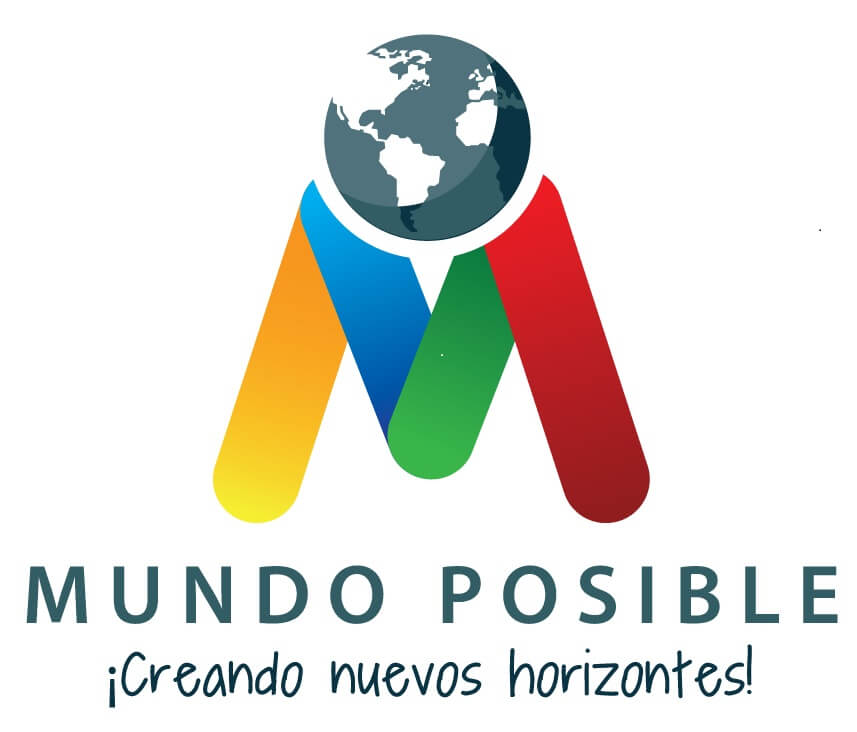
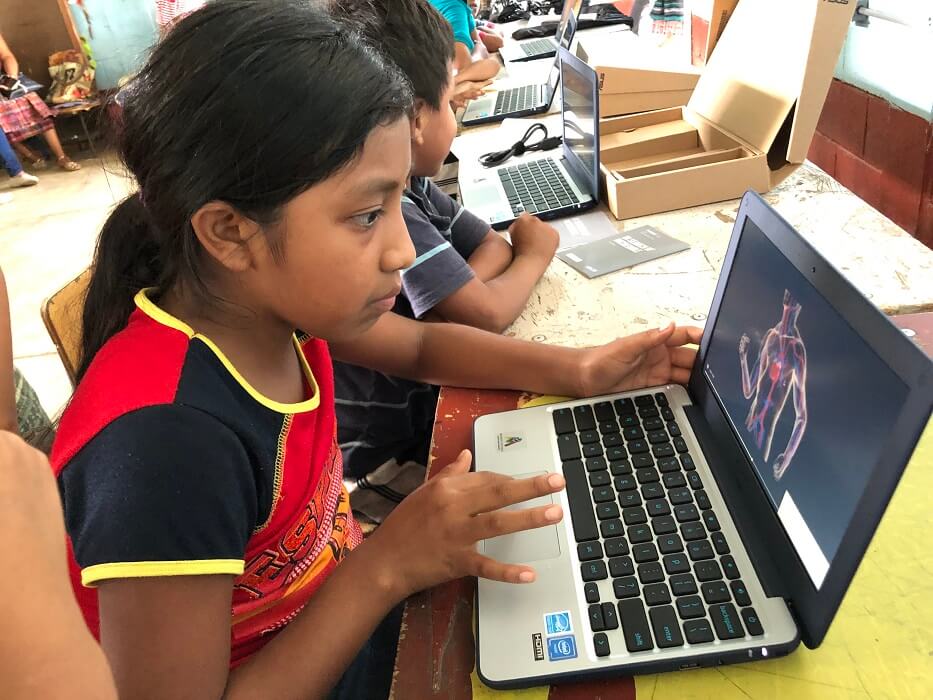
The evolution of technology has played an essential role in improving educational tools and resources and making them available worldwide speedily and cheaply. However, these advances and innovations reach the places where students and learners require them the most at a very slow pace, if it reaches them at all: that is, educational innovation is not distributed evenly. Consequently, it is common, in developing countries to find schools, and even universities, with obsolete equipment that had been purchased or donated with already several years of usage and without access to educational content or the internet. This is precisely what inspired Norberto Mujica, a Senior Engineer from Argentina, to develop RACHEL, which stands for Remote Area Community Hotspot for Education and Learning, “a portable plug-and-play server which stores educational websites and makes that content available over any local (offline) wireless connection”.
It was in 2008, when Norberto was teaching at a university in Ethiopia and found a lab with obsolete computers – no internet access available – that he was induced to bring together a collection of educational resources that could be made available via a local server. Realizing the potential that this scheme offered to scale resource provision schools and students anywhere, he united with a group of volunteers to develop the first version of RACHEL, which worked through the first Raspberry Pi, using a 32 GB SD card to store the content. World Possible was born. Six years later its first chapter, Asociación Mundo Posible, was formally established in Guatemala.
Guatemala, despite being rich in natural resources, is both poor and one of the most unequal nations in Latin America. According to the UNDP (2019), 62.4% and 29.6% of its population live either poverty or extreme poverty respectively, and 49.8% of children under 5 years of age suffer from chronic malnutrition. The latter figure represents the highest rate in the continent. Such statistics represent a reality that is unconducive to high levels of educational achievement. In 2018, according to the National System of Educational Indicators, from the Guatemalan Ministry of Education (MINEDUC), 4 out of 10 children of school age were not attending classes. Such low rates of attendance seldom translate into strong attainment outcomes, and we observe as much here: general achievement for math was only 11.05 and 34.31 for reading. These are the basic “hard skills” that students need in order to succeed academically. The “soft skills” such as critical thinking, teamwork and creativity, among others, needed to face the social, political and environmental challenges of the current century are not even taken into consideration. They are not incorporated into teaching delivery programs, and there is no established system of measurement designed to measure attainment.
Guatamala is currently suffering from troublingly high scores in poverty and malnutrition indicators, low general performances in math and reading, high levels of corruption in the public and private sectors, and stiflingly low educational investment. Guatamala’s government invests 2% of GDP in education, which is a mere half of the regional 4% average., and light years away from the rate of investment we see in developed educational ecosystems like Finland (12%). This situation might well be perceived as an intractable one for even the most optimistic observer.
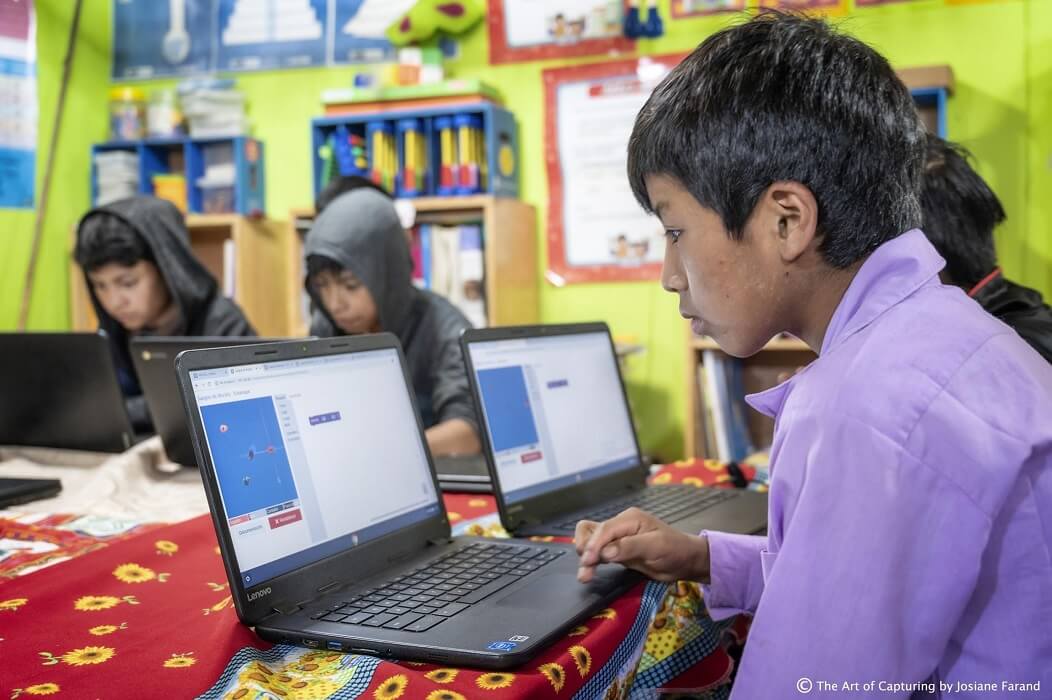
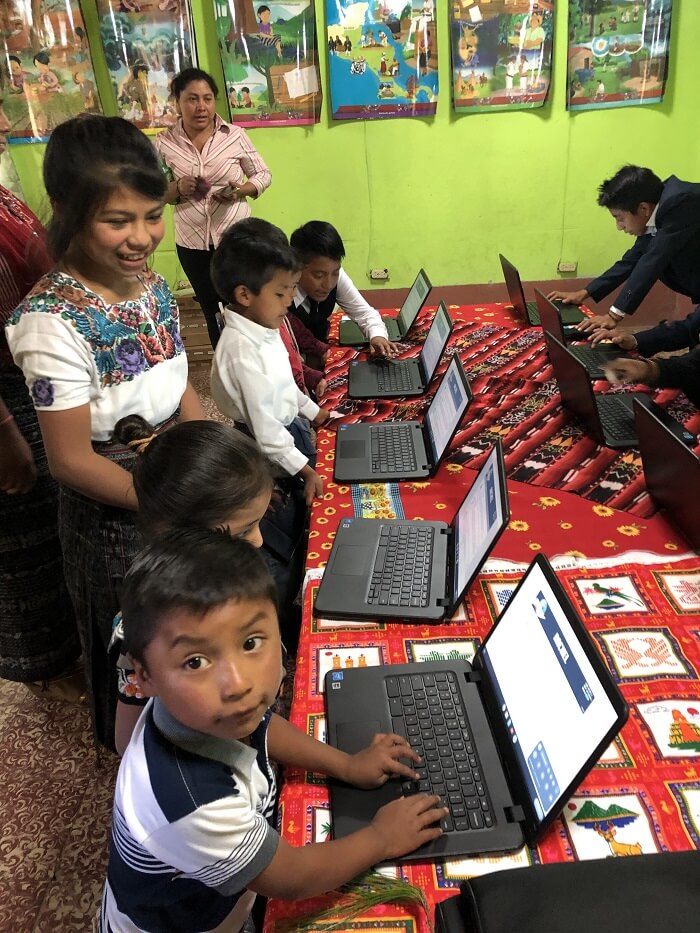
Mundo Posible’s mission since 2014 has been to contribute to the breaking of this cycle by bringing the low-cost technology developed by Norberto and his team to the 89% of the public schools that, according to MINEDUC (2016), don’t have access to any type of technology. Our organization is clear, however, that RACHEL can make a significant contribution to the improvement of educational quality in public rural schools, but also that technology itself is not enough to make it happen. Therefore, preparing and training teachers to make the best use of this technology in the classroom is also essential if our project is to succeed. This does not simply involve teaching basic functional skills such as how to connect to a server and navigate through all the diverse static and interactive content designed to help students develop basic declarative knowledge. For us, it is also imperative that students develop imperative, but undertaught, “soft skills” or “XXI century skills”, as only through more analytical and critical thinking, and more empathetic, transparent, creative and cohesive work, will the next generation be able to encounter and overcome the many challenges that Guatemalan society faces today.
As of 2019, Mundo Posible, a small association with only three full time employees, has deployed RACHEL in more than 300 schools, with benefits reaching more than 58,000 students. Adapting methods such as the SOLE (Self Organized Learning Environments) – developed by Sugata Mitra – Mental and Conceptual Maps, and Project Based Learning – among others – it has developed a formal training program and around 3,000 teachers have been trained to integrate technology into their regular teaching. In 2018, this training program was translated to English and now it is also currently being used by World Possible’s chapters in Ghana and Tanzania. Also in 2018, this training program was adapted into a MOOC (Massive Open Online Course) that also works offline to reach a wider number of teachers in Guatemala and abroad and help them take the course at their own pace. In September 2019, this MOOC was the recipient of one of the Open Education Awards for Excellence, which recognize distinctive Open Educational Resources, Open Projects & Initiatives, as well as exemplary leaders in Open Education worldwide.
The road to improving the quality of education is full of challenges. But it is rewarding that we have seen improvements in math and reading grades, and have witnessed and heard numerous encouraging stories that render the effort more than worthwhile. These include stories ranging from those individuals that have excelled in mathematics and won awards in the National Science Olympics, to a kid dragging his mom into school so that she could also learn how to read through the tools he found useful in RACHEL. I don’t know if our country will meet the 4th Sustainable Development Goal by 2030, but we certainly will continue to do our best to contribute to making such lofty aims possible.
